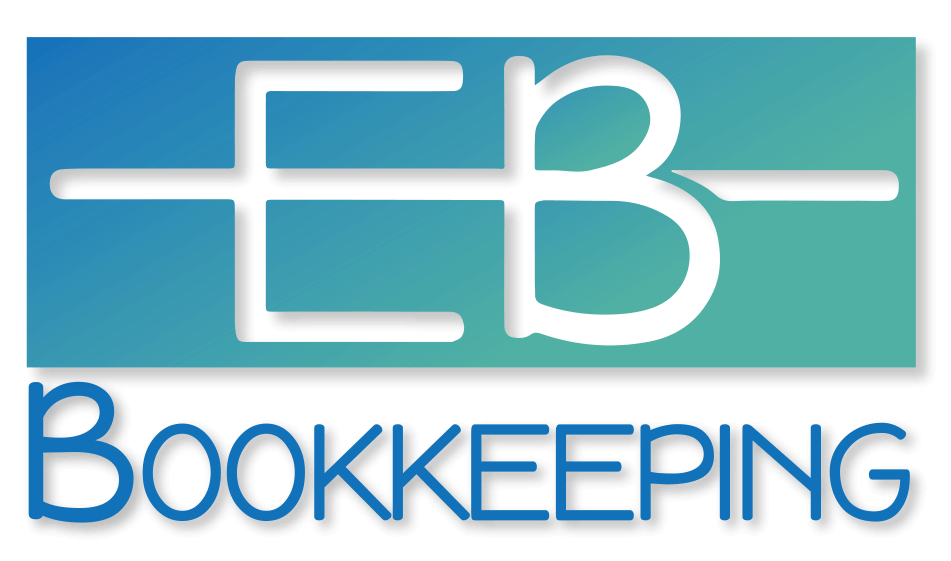If you’re thinking of starting a new business in the New Year – or any time of the year, really! – there are certain questions you will need to ask yourself before you finally take the plunge into self-employment.
There are also a series of practical things you’ll need to consider, such as what you’re going to call yourself, which company structure will best suit your setup, and how you’re going to find the funding to start your venture.
Below, I’ve listed a few things any budding entrepreneur should think about before starting a business. This list is by no means exhaustive, but should provide you with some food for thought, along with some guidance on what needs to be done, and when!
Establishing your ‘why’
First thing’s first: why are you starting a business in the first place? As well as making sure your business meets a viable need or demand in your marketplace, you also need to decide what you want to achieve from your company, and what your wider aims are. For example, are you setting up your own business because you want a more flexible lifestyle, or is more money your main motivation?
Having a plan – and a great pitch
Employing the right people and expanding your network
If you’re thinking of creating a new business, we can assume you have the necessary skills and knowledge to make a positive impact in your field. But in the same way it takes a village to raise a baby, it takes a collective to start, establish, and expand a business.
if you want to grow, you’ll need the right people around you. Think about the kinds of individuals you will need to employ to get your business off the ground; the roles they will need to play, and the skills they will need to bring into the mix. You might also want to enlist the help of a mentor at this early stage, who will be able to help you put your ideas into perspective and guide you towards making all those big business decisions with more clarity and confidence.
Similarly, consider finding a local networking group for professional and personal support. Self-employment can be really hard, and very lonely at times – so being able to talk to other like-minded business owners about the challenges you’re facing can be a real lifeline. Plus, you can share all your ‘wins’ with them, too! I attend several networking events and have developed brilliant relationships with other nearby entrepreneurs who I certainly wouldn’t be without.
How to set up your start-up
Choose the right company structure
Sole trader, partnership, or limited company? That’s the decision you’ll need to make at the start of your business journey. Your accountant will be able to advise on which structure suits your business the best – or, alternatively, you can chat to me about the pros and cons of each.
Choose a name, and register it
It’s worth doing a little research on the web to see if your preferred name has already been taken (or if it’s a little too close to something that has been claimed by another company). Companies House has a useful name availability checker. If you are setting up a limited company, you will need to register your new title with Companies House right away. It only costs £12 and your company will usually be active within just 24 hours.
Purchase the right insurance
If you are dealing with the public, you should arrange suitable public liability insurance, which will cover you against claims made on your business by clients, contractors, or members of the public for accidental injury or damage to their property resulting from your business activities. If you’re going to be running a service-based business, you will need a professional indemnity policy to protect you against claims for loss or damage as a result of negligence.
Specialist insurance may also be required by your sector. It’s always best to check what you’re going to need, then get a few different quotes to compare the prices and terms on offer from different providers.
Protect your intellectual property
It’s a part of the process that new business owners often overlook – but you should do what you can to register and protect your original idea(s). More information on what’s involved can be found on the gov.uk website.
Find an office or an alternative place of work
Will you need a premises straightaway, or will you be working from home for a time? Could you be open to exploring flexible working spaces, or hot desking in local facilities instead?
The bottom line is, it doesn’t really matter where you’re based, as long as you and your team have the space and resources to work well. Many start-ups prefer renting desks in collaborative environments, as it’s a great way to network – while others fully embrace the trend for remote working and allow their employees to log in from wherever they like.
Consider your health and safety obligations
If you do decide to rent an office, or your activities will place you in public settings, you will need to consider how you’re going to cover your responsibilities with regards to health and safety. This may or may not include filling out risk assessments, creating clear safety manuals, or providing specific health and safety training to your staff.
Open a business bank account
Most of the major High Street banks offer business options, but there are plenty of alternatives out there, too. Check the terms, features and fees on offer from each of these companies before committing to them.
Sort your business’s IT
Whether you just need a laptop and a mobile phone, or your IT setup needs to be much more complicated, specifying your hardware and software requirements now will ensure you can hit the ground running with your new business.
Don’t be afraid to approach a local IT company for their recommendations, as they might be able to find you the right equipment at a more competitive price. You could also look at outsourcing your IT support if you don’t have this expertise in-house, which will provide you with much-needed backup if anything goes wrong (and it inevitably will!).
Bring a bookkeeper on board from day one!
The last thing you want to worry about when you’re first starting a business is keeping on top of your finances. Yes, it’s important to understand how your company is doing from a financial perspective – but all the time-consuming admin tasks, like completing bank reconciliations and tax returns, can be passed over to someone like me.

